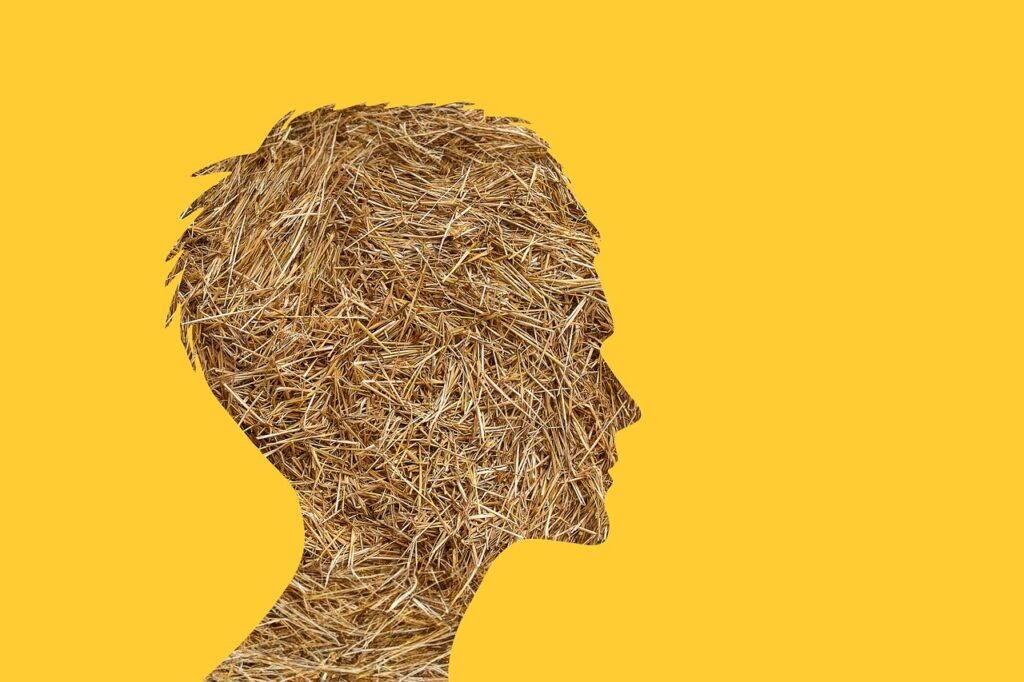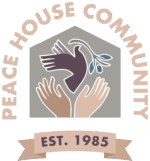
Bennie Benjamin, Horace Ott, and Sol Marcus wrote “Don’t let me Be Misunderstood” in the 1960s, a song with lyrics that are intimate, timeless, and universal all at once.
Sung from the point of view of a flawed human, the song expressed the singer’s desire to be good while also asking:
Baby, you understand me now?
If sometimes you see that I’m mad
Don’tcha know that no one alive can always be an angel?
When everything goes wrong, you see some bad
I’ve always liked the song since I heard Elvis Costello’s version from the mid 1980s, although many other versions exist. I can relate to it so easily, knowing that I want to do what’s right, but that I often hurt the people I care about, or even total strangers, because of my weaknesses and limitations.
In some ways, the song offers a gut check to the listener. While we can probably all relate to the singer, we should also try relating to the listener. When someone disappoints us because they are under stress, or tired, or they say something offhand without thinking, how do we react? How should we react? Do we recognize that the other person is at least trying to be good?
Obviously, there are times when people deliberately hurt others, and that situation requires a different response. But that brings me to the real question: how did we get to a place where we as a society become so reluctant to give others the benefit of the doubt?
It takes little effort to find people assuming the worst about complete strangers. It happens in the media, online, and on the street. I’m certainly guilty of it. Anytime I see someone run a red light, I think, “Maybe they’ll get pulled over or broadsided the next time they do that.” I don’t know why red light runners are my personal pet peeve, but I regularly go beyond judgement to actively hoping for divine punishment. I may not wish for serious punishment, but I still hope the driver will suffer at least a little.
For whatever reason, we seem so much more comfortable setting ourselves up as judges of our peers than we used to. I think that’s why I appreciate small acts of civility more than I used to. When someone with a full shopping cart allows someone with a loaf of bread and a jug of milk go first in the checkout line, I get warm fuzzies that are out of all proportion to the situation.
So, I have two requests. One, try to do something nice for someone. And two, look the other way when someone does something that irritates you.
by Marti Maltby, Director Peace House Community – A Place to Belong
This article originally appeared in “The Alley,” the newspaper for the Phillips neighborhood of Minneapolis.
